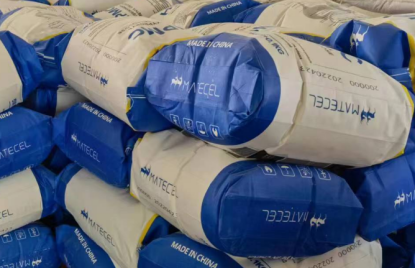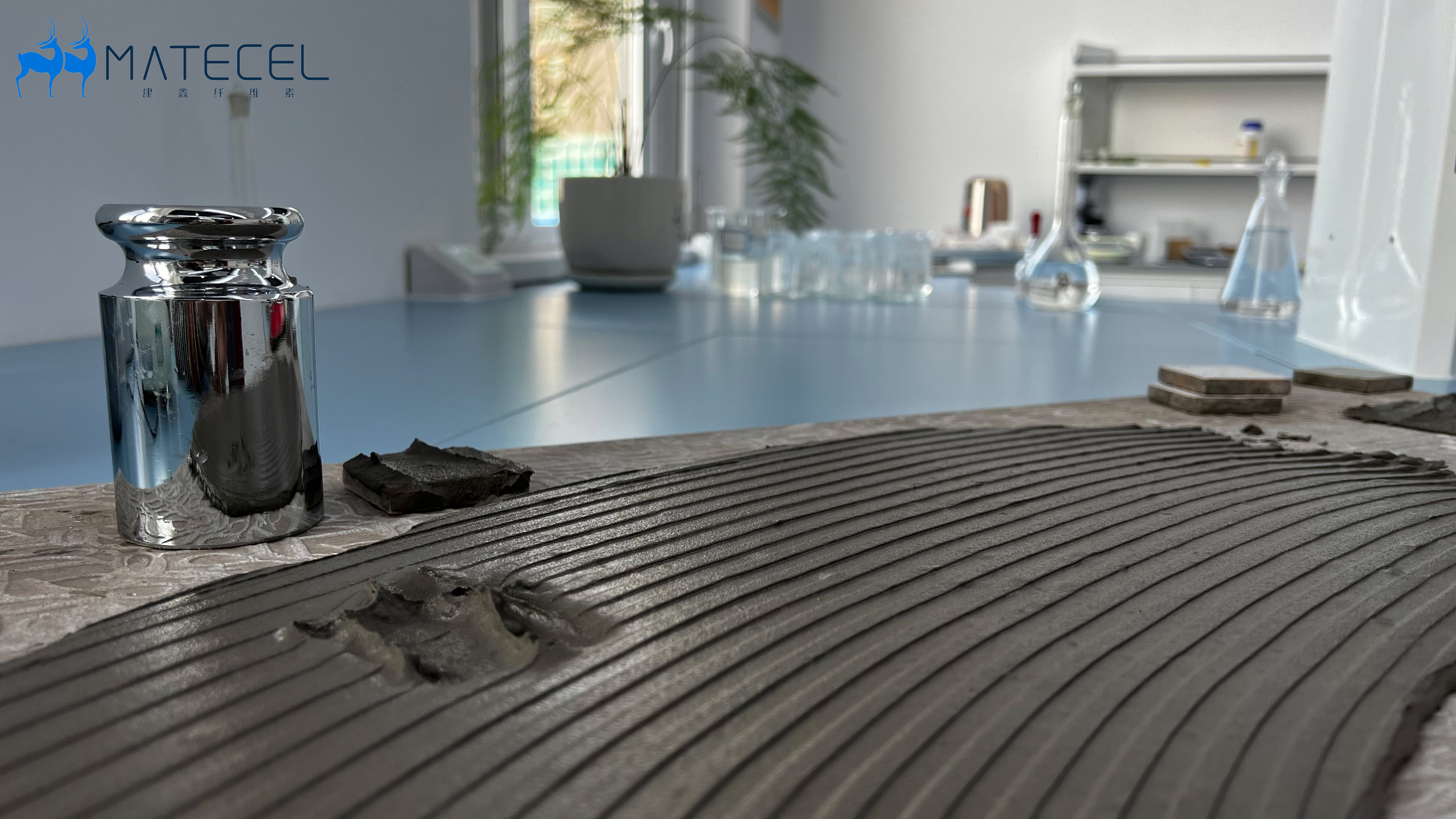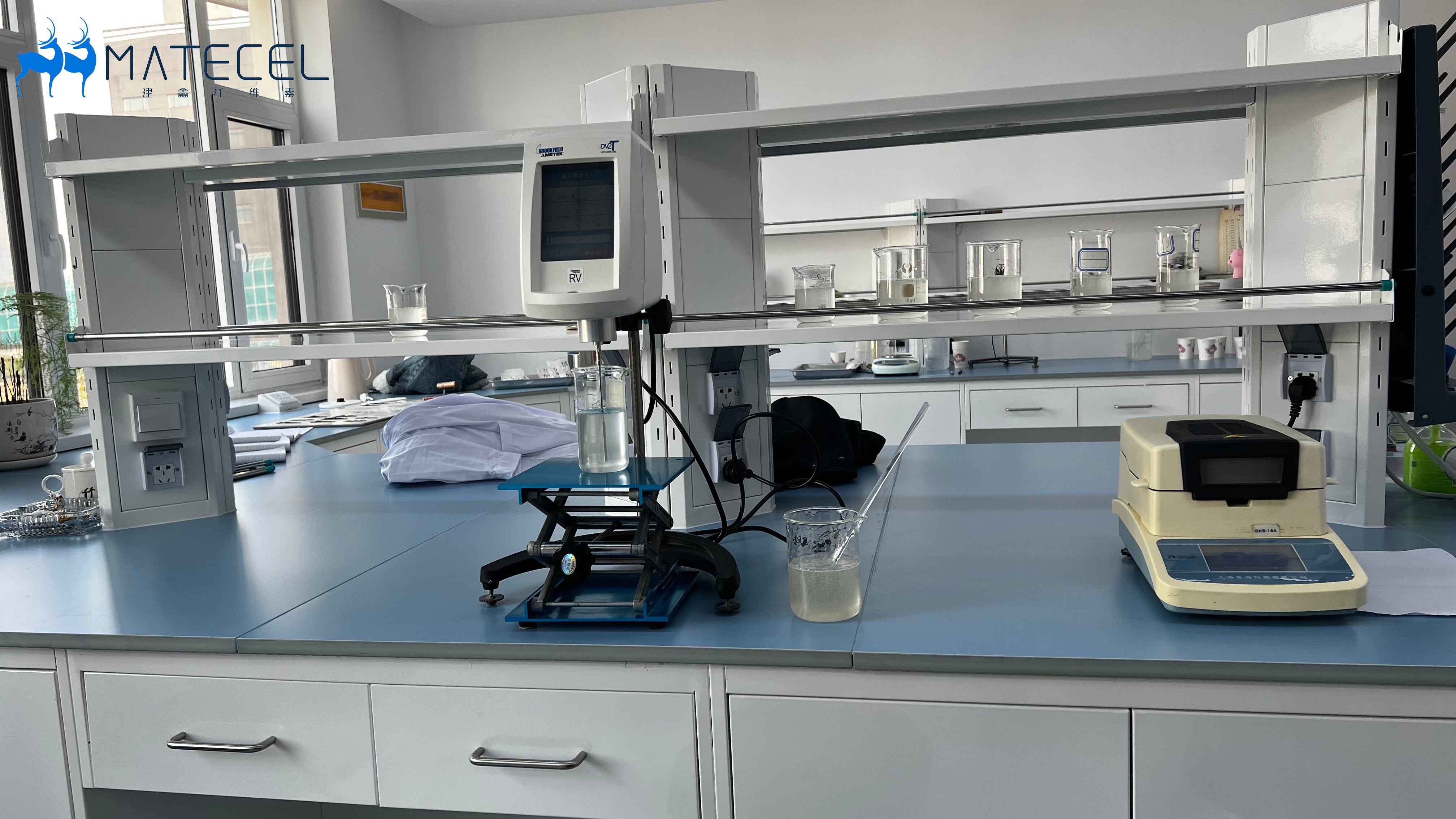Jul. 13, 2023

HPMC, a widely used water-soluble polymer in industries such as pharmaceuticals, food, and construction, is known for its ability to form a clear and stable solution in water. As a non-ionic cellulose-based raw material, it enhances bonding and cohesion in various products. However, ensuring the high-quality performance of hydroxypropyl methylcellulose requires proper testing and qualification. In this article, we will discuss three reliable methods to assess the quality of HPMC.

1. Viscosity Test
Viscosity serves as a crucial parameter in determining the quality of HPMC. It measures the fluid's resistance to flow and is typically expressed in cps (centipoises) or mPa.s (millipascal-seconds). The viscosity of HPMC varies based on its molecular weight and degree of substitution. Generally, higher degrees of substitution result in lower viscosity levels. Hence, a high-quality HPMC product should exhibit consistent viscosity characteristics.
2. Substitution Test
The degree of substitution indicates the ratio of hydroxyl groups on cellulose that have been substituted by hydroxypropyl or methyl groups. This parameter serves as an indicator of product purity, with higher degrees of substitution indicating a purer product. Therefore, top-quality hydroxypropyl methylcellulose should possess a high degree of substitution.
3. Solubility Test
The solubility of hydroxypropyl methylcellulose is another vital factor in determining its quality. A high-quality product should readily dissolve in water without forming lumps or gels. Ideally, hydroxypropyl methylcellulose should dissolve quickly and uniformly, showcasing excellent solubility characteristics.
By conducting these tests, you can gain a comprehensive understanding of the product's properties and discern its quality. Premium HPMC exhibits consistent viscosity, a high degree of substitution, and rapid and uniform solubility in water.

1. Whiteness
Pros: High-quality HPMC products generally exhibit good whiteness, which is visually appealing and can indicate a higher level of purity.
Cons: Whiteness alone does not determine the usability of HPMC. If brighteners are added during production, it may affect the quality of the product.
2. Fineness
Pros: HPMC is available in different levels of fineness, typically measured in mesh sizes such as 80 mesh or 100 mesh. Finer particles can offer advantages such as improved dispersibility and ease of mixing.
Cons: There are no significant drawbacks associated with the fineness of HPMC. However, it's worth noting that the fineness requirement may vary depending on the specific application.
3. Transmittance
Pros: HPMC should form a transparent colloid when dissolved in water, and higher transmittance indicates fewer insoluble particles present. This can be an indication of good quality and purity.
Cons: The transmittance may vary depending on the production process or the specific type of HPMC used. Different manufacturing methods or conditions can impact the transmittance of the final product.
4. Proportion
Pros: A higher proportion, or specific gravity, in HPMC can indicate a higher hydroxypropyl content, which contributes to better water retention properties. This can be beneficial for applications where moisture retention is desired.
Cons: There are no inherent disadvantages associated with a higher proportion of HPMC. However, it's important to consider the specific requirements of the application, as different proportions may be suitable for different purposes.
Overall, it's important to evaluate HPMC based on various factors beyond just these four aspects to ensure it meets the specific requirements of your intended application.
If you want to more information, welcome contact us or click to the website: https://www.hpmc.com/
Shijiazhuang Henggu Jianxin Cellulose Co., Ltd.
Chemical Industrial Park, Xinji City, Hebei Province, China Post Code: 052360
Copyright 2023 Shijiazhuang Henggu Jianxin Cellulose Co., Ltd. All Rights Reserved